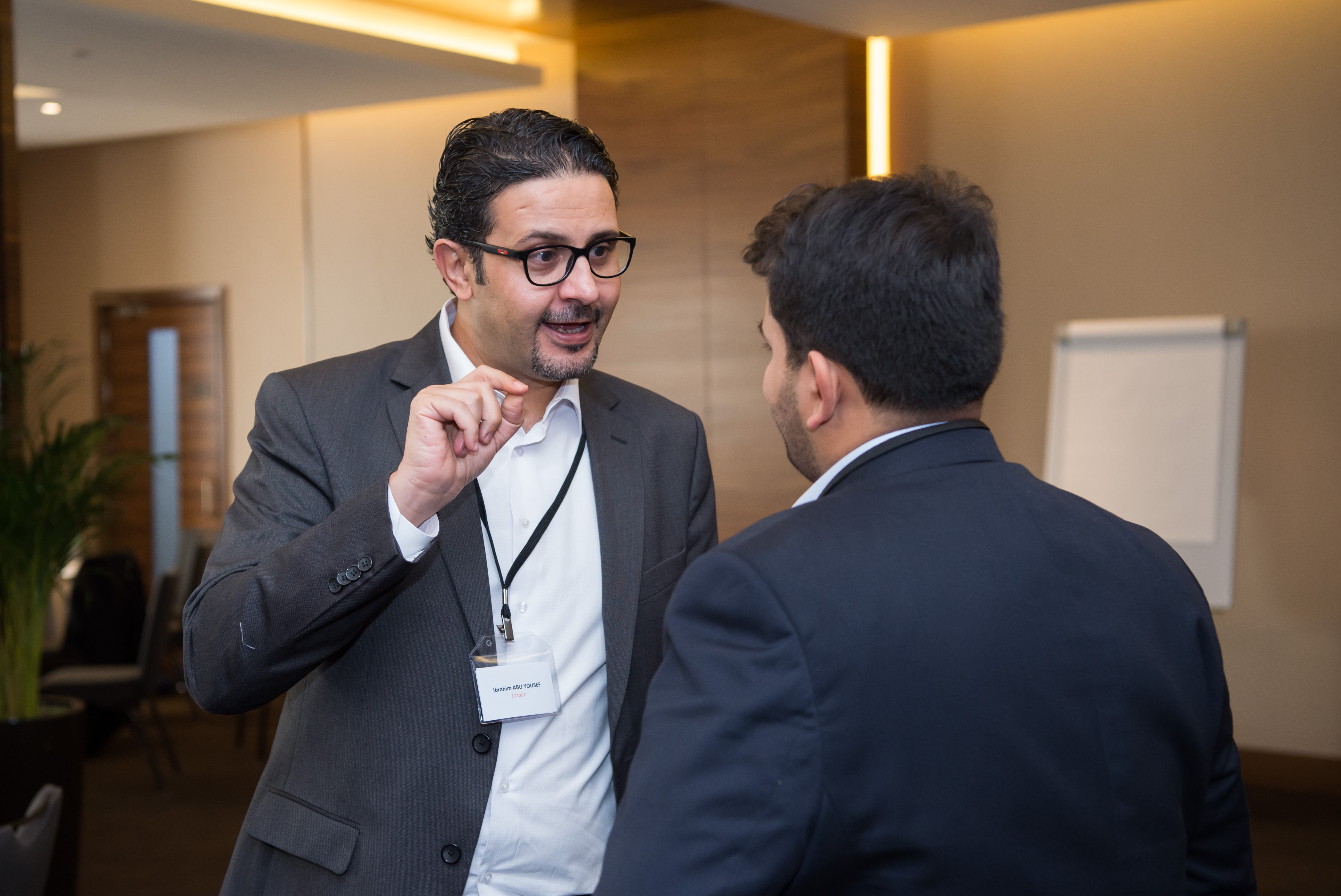05/12/2018
GCC VAT: Interview with Ibrahim Abu Yousef
Doing business Middle-East Tax
Ibrahim Abu Yousef, CEO and founder of Experience Provider M.E. Limited, member of TGS.
Hello Ibrahim, thank you very much for accepting this interview.
No problem, I think that’s my duty!
What can you tell us about GCC VAT?
Well, it’s about going from a free of tax system to a 5% VAT. But first you have to keep in mind that only two countries out of six implemented this new law: Saudi Arabia and the United Arab Emirates. The four other countries postponed this process.
Jordan is not part of the Gulf Cooperation Council but still you are concerned by this new law?
No, Jordan has already its own VAT system, which is currently about 16%.
Do you think this VAT rate is too much?
As a tax consultant I would rather say that it’s a decent rate. VAT has been in force since 1994 and it first concerned only few companies: those which turnover was over 5 millions dollars. That is the threshold to be part of the listed companies. In GCC, you are listed above 375,000. But you can also be listed voluntarily, most of the time that is what you are going to be offered, when you are about to exceed this threshold.
Why do you think it’s going to change?
I think that in general it is rather a positive thing, because it will bring some money for education for instance, as Gulf countries mainly rely on foreign investors and companies, but have quite a low education rate. So it is a positive thing for the countries that implement VAT.
What will be the changes for SMEs according to you?
I guess it won’t imply a huge change for companies. The main impact will be on consumers because the prices will be a bit higher, the cost of life won’t be the same.
Why do you think some countries want to implement VAT, apart from the positive aspects you already talked about?
I think that VAT (on sales) enables a huge control on operations. It gives the governments any data they want because every operation is listed according to the VAT. When a country is free of taxes, and especially free of VAT, it is much more complicated to track operations and to get data. Therefore, it makes it easier to organize the market.
You seem totally in favor of this law, but can you think about some negative aspects?
I guess that the countries that don’t want to follow it up would suffer from penalties. Nonetheless I think that we take the risk to see more and more taxes appear in the future. By 3-5 years, another tax will be likely to occur. VAT is usually the first step when it comes to taxation, and I think the next step will be income taxes.
You talked about the four countries that didn’t implement the law yet. Do you think they are going to change their mind and to get on equal foot with the others?
Well the six countries committed to this new law, which means that they will all implement it, the question is: when?
Oman and Kuwait are likely to accept soon, they already went further in this process, but Qatar and Bahrain didn’t say a word about this since January. In this case, it might take a long time.
For more information about GCC VAT or other tax issues




